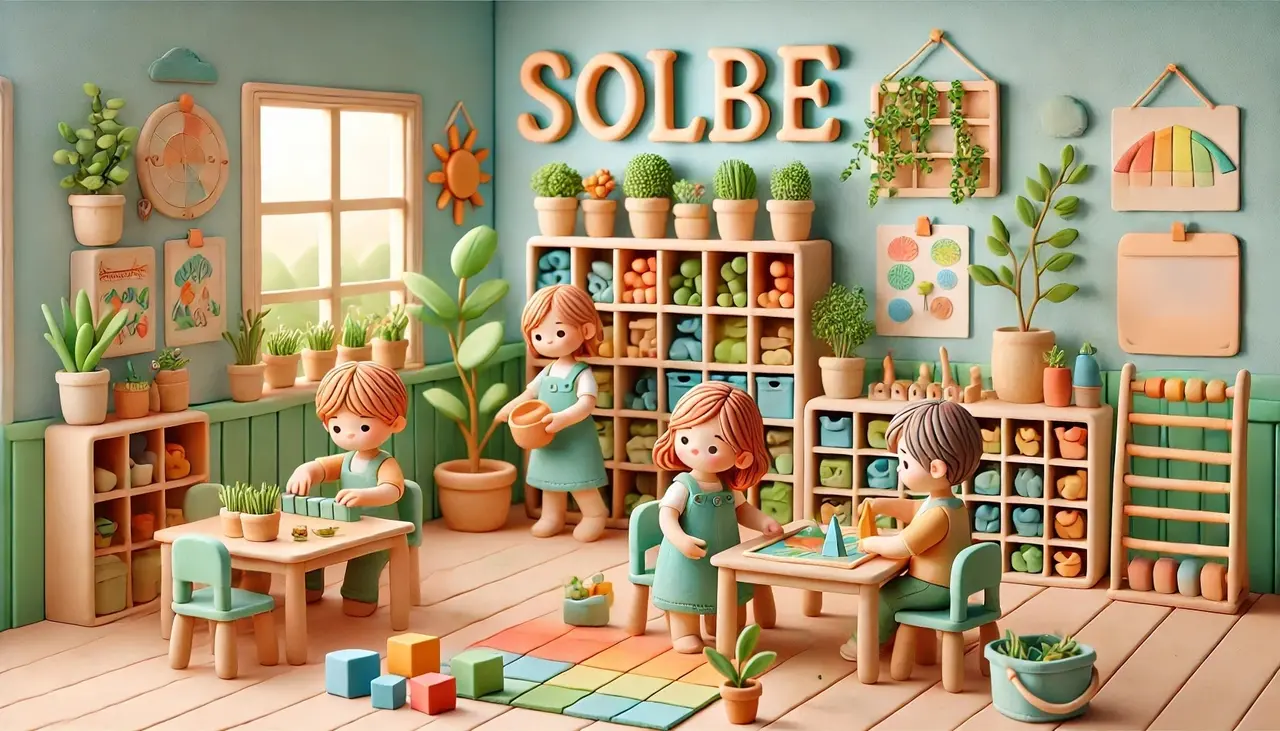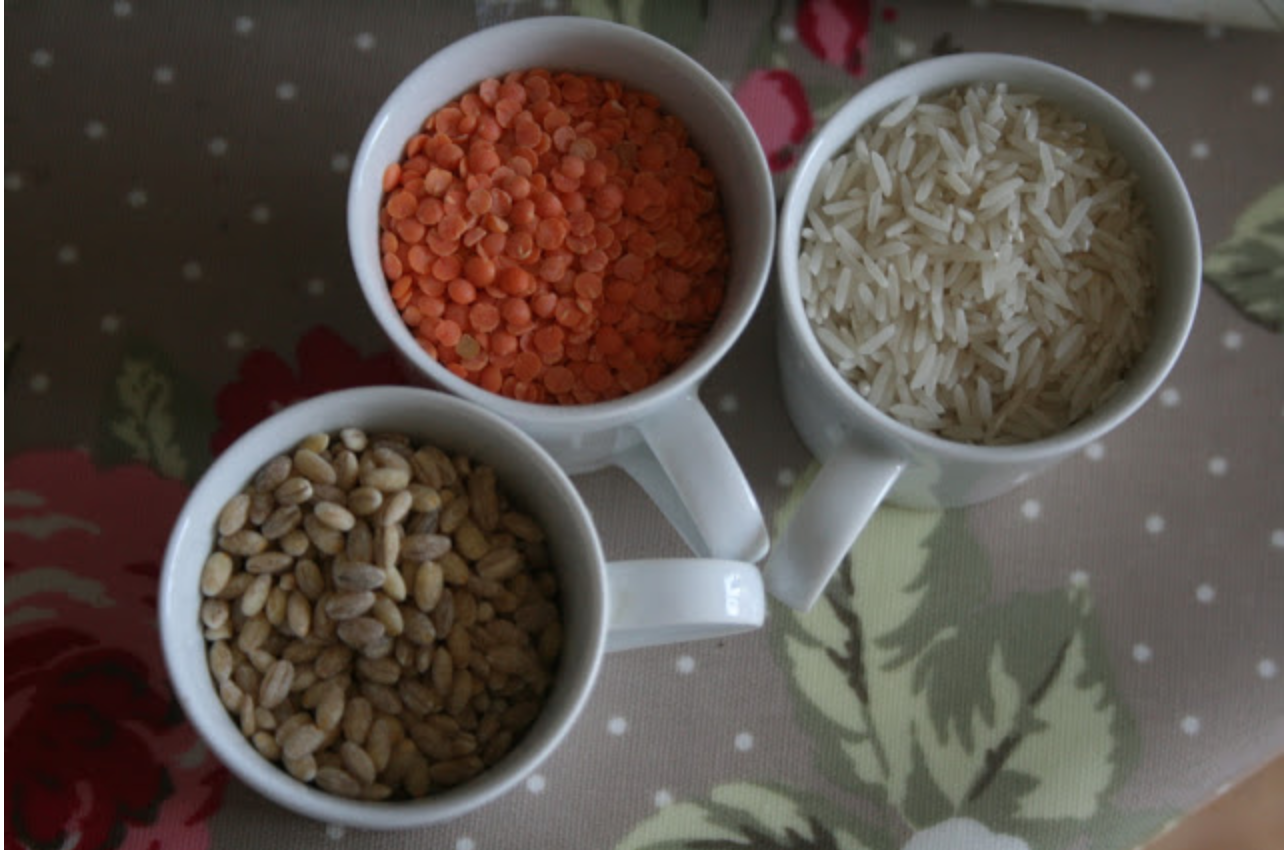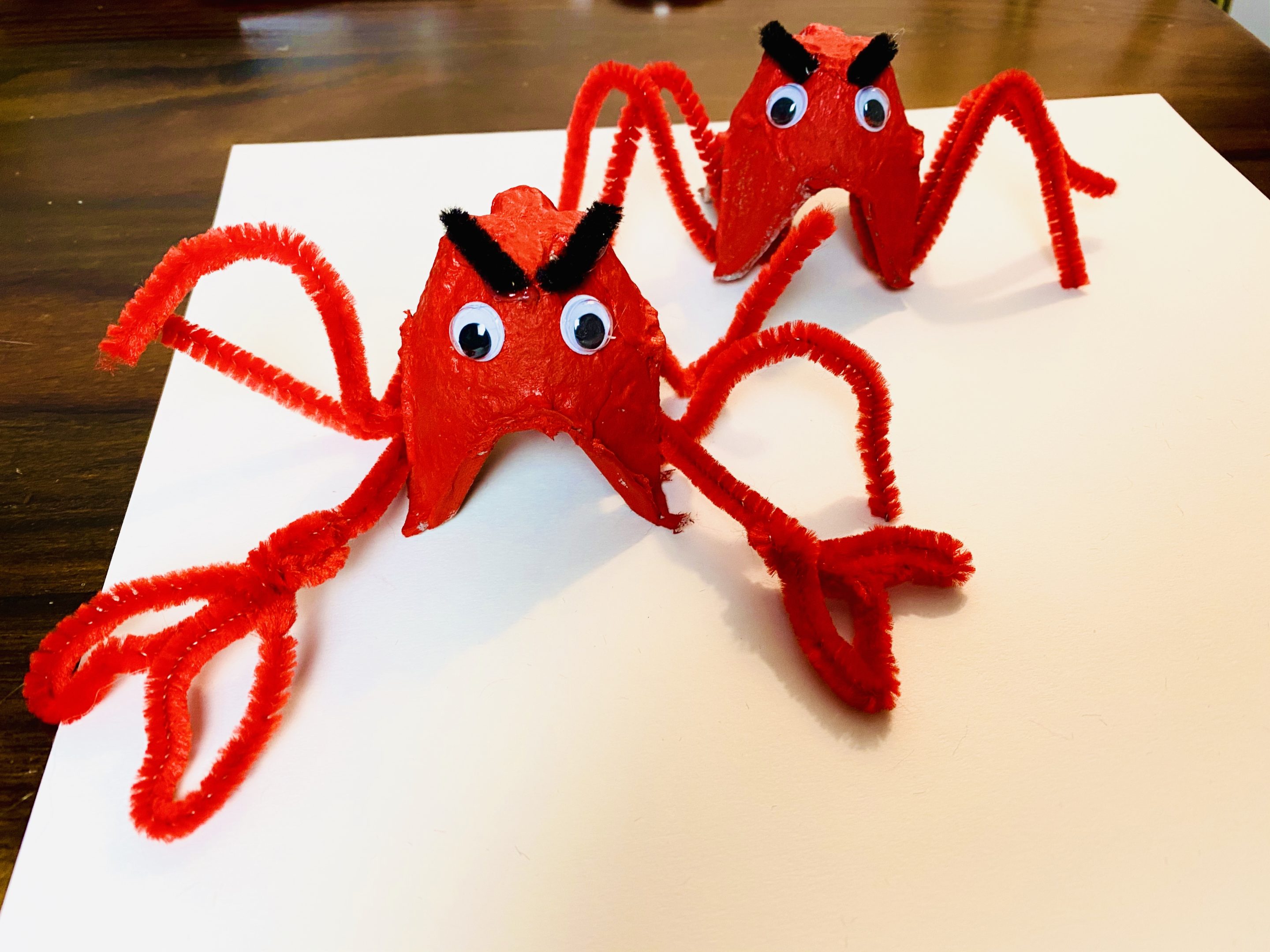Daily at Home Project: Lid Matching and Animal Washing Station

BODY: Please find below our daily SolBe Family update letter containing helpful resources and exciting projects to explore while we all do our part to stay home during this pandemic. March 26, 2020
SolBe Families,
We have made it to Thursday. Please show yourselves some love. This is not easy. I enjoyed reading these few mental hacks for being at home (whilst working and navigating constant change regarding COVID) from Parent/Parenting Strategist/Advocate Lizzie Assa of The Work Space for Children:
- Acknowledge that this is hard. Yes, you are lucky to have a safe home to be stuck inside of, but it is still hard. Being home all day with kids is HARD
- Make and stick to a loose schedule. Post it on the wall, it will give you and the kids a sense of control and rhythm. (We have sent along our daily school schedule as a guide – reference project of the day from March, 18.)
- Get physical, even when you don't feel like it. Roughhouse, have a pillow fight, do a yoga video, blast some music for a dance party, move the furniture and scooter in the house. It WILL lift the mood. You need to move and so do your children
- Get outside as much as you can. Walk around the backyard, play in the woods in a secluded area (Not the playground)
- Schedule in screen time so you can use it as a tool. Decide how and when you want to watch it, and be aware of news media not entering into this time. One note on this from SolBe: We do not use or encourage screens at school. These are unprecedented times and we encourage you to be gentle with yourselves if you decide to use screen time. It is ok! As Lizzie says, scheduling it in will allow you to use it as a tool instead of a crutch.
Project of the Day
Infants & Toddlers: Lid Matching from Bringing Up Babe
"This activity requires very little setup and uses materials that you likely already have in your home. If you're like me, you can't throw out/recycle little jars because you may "need" them one day! Well, today's the day! All you need is a selection of jars and containers with lids! After she put them all together, I asked her to remove them all. She repeated these steps a few times before she was all set with this activity! This activity is helping her problem solving, motor skills, concentration, and hand/wrist strength."
Project of the Day
Older Toddles & Preschoolers from The Work Space for Children : Animal Washing Station
"We used our favorite animals , but you should use anything your children are interested in. Truck washing, baby-doll washing, dishwashing, it all works the same. We used soap, sponges, an old toothbrush and dishwashing tool, some little cups and pitchers, and of course… WATER! We also set this activity up in our IKEA sensory table , but any old bins and buckets on the floor work just as well.
Why is water play a great activity for YOU?
- You can use things you already have
- It is free
- Your child will likely play for a long time even though the activity takes less than five minutes to set up.
- There is very little mess to clean up. It is probably the cleanest mess your child will ever make.
- Your child will probably get soap and water all over themselves so you can count it as a bath
Why is water play great for your child?
Your child will be exploring washing, which is something they've been experiencing their whole lives. Having the opportunity to master their own life experiences by repeating them on a smaller scale helps them process and make sense of their world. They are playing with concepts like empty and full, cause and reaction, wet and dry. They are using their developing muscles to work up a lather and fine motor skills to fill and pour. They will inevitably spill and be given the opportunity to wipe up after themselves in a no-pressure situation. Sometimes a big spill during dinner-time can feel overwhelming and upsetting. Letting them clean up these smaller spills allows for the opportunity to practice and master the skill of mopping up on their own terms.
Private Speech: When you child is engaged in this washing station, you will likely hear them chatting away with themselves. Why does this matter? Private speech is an indicator of cognitive development. It is so important for language development, self-regulation and problem solving. (Plus, it is so darn sweet to listen to.)
How to support your child in playing successfully with water:
- Give them space. Don't ask a million questions, do not direct the play or micromanage spillage. It's just water after all.
- Do not worry about regulating the amount of soap or water. That is not the point here. The goal is to allow them to engage in self-directed play. Give yourself permission to let your child use as much as they want. A little trick? Save old soap bottles and just fill them with about an inch of soap and the rest water. That way they can still make lots of soapy bubbles and you do not need to worry about wasting.
- Do stay nearby, but be engaged in your own work. When they try to draw you in and ask you to play, simply say, "I am doing my work while you do yours." Be nice, but boring.
- When they ask you questions and try to chat with you, act very interested in whatever you are doing.
I am providing a materials list for this project, but PLEASE do not feel that you need to buy anything. Be creative and use what you have around the house. Bins, buckets or the bathtub work! If there is one thing you should buy if you don't already have one, it is this water dispenser. Why? It helps children be independent, and you don't need to continually get up and retrieve more water. Using a self-serve jug encourages self-regulation. Children learn more and faster about how much soap and water they need when they can do it themselves.
More resources to follow in the coming days. Feedback and more ideas welcome, as always!
Be well and stay healthy!
The SolBe Team
Related Articles
Explore our latest insights and resources.

Using Your Voice Effectively: Intentional & Positive Phrases to Use With Your Child

Work and Family: 7 Strategies to Find Balance as a Parent

Understanding and Supporting Early Childhood Mental Health

Understanding and Monitoring Developmental Milestones

The Value of Process-based Learning

The Truth about Parenting: Being a Thriving Parent

The Curious & Creative Classroom

Social-Emotional Learning: Five Competencies and How to Teach Them at Home

Social Emotional Learning Part Five: Teaching Growth Mindset to Inspire Change

Social-Emotional Learning Part Three: Teaching Friendship to Inspire Change

Social Emotional Learning Part Two: Teaching Acceptance to Inspire Change

Social Emotional Learning Part Six: Teaching Empathy to Inspire Change

SEL: Parent Social-Emotional Competence & Well-Being

Social Emotional Learning Part Four: Teaching Respect to Inspire Change

Reflective Learning: 10 Meaningful Questions to Replace “How Was School Today?”

Prosocial Behavior: Strategies to Model, Practice and Praise

Ranking Boston Area Private Schools: Finding The Best Programs For Your Children

Prosocial Behavior: Encouraging Your Child To Practice Gratitude

Play is Work and Work is Play

Preparing a Learning-rich Environment

Nurturing Brain Development During the Window of Opportunity

Exploring Spanish Language Learning Through Play-Based Activities

Early Intervention: Identifying Support for Children Birth to Age Three

Developmental Screening: Acting Early and Advocating for Your Child

Daily at Home Project: Red House – Fun For All Greatest Hits & More

Daily at Home Project: Rainbow Painting and Make Your Own Ice Cream

Daily at Home Project: Pots, Pans, Colors & Rainy Day Brownies!

Daily at Home Project: Lid Matching and Animal Washing Station

Daily at Home Project: Making Music with The Very Noisy Bear

Daily at Home Project: Fine Motor Activities and Let's See Where a Dot Can Take You!

Daily at Home Project: Crazy Art from Silvana Carpio

Daily at Home Project: Baby Treasure Basket and Rocks of Hope

Daily at Home Project: Colander Pipe Cleaner and Pipe Cleaner Bubble Wands

Daily At-Home Project: Mix and Match Faces

Daily At-Home Project: Homemade Binoculars for Little Explorers!

Daily At-Home Project: Gratitude Jar

Daily At Home Project: Veggie Paint Making From Marlo
Stay Updated with SolBe
Join our newsletter for the latest insights and exclusive content on early learning and childcare.































































